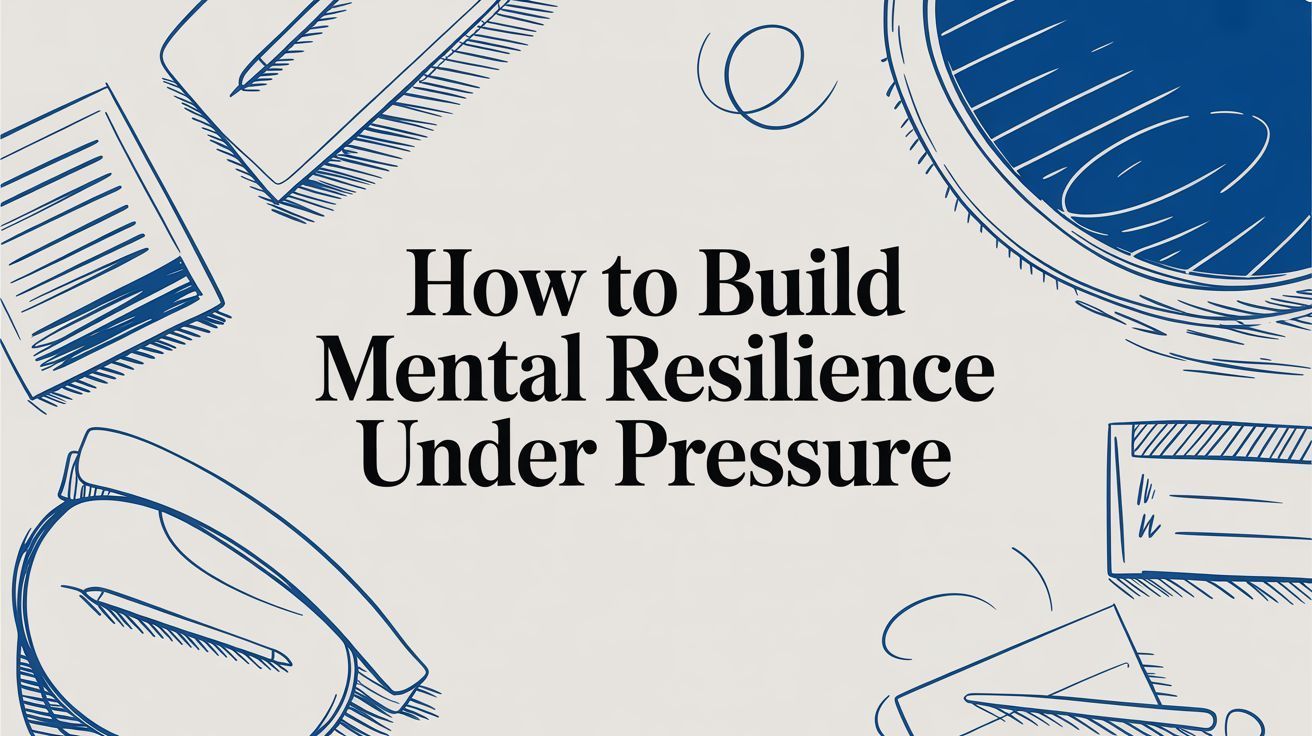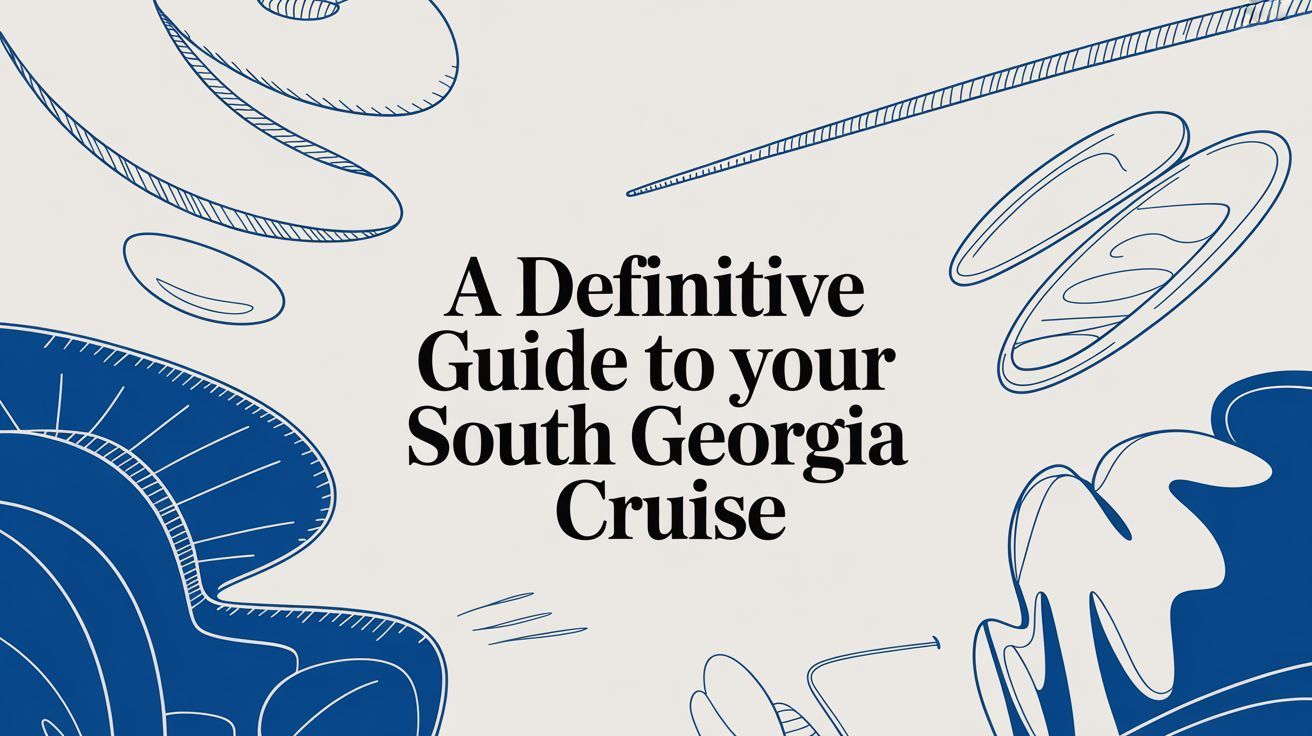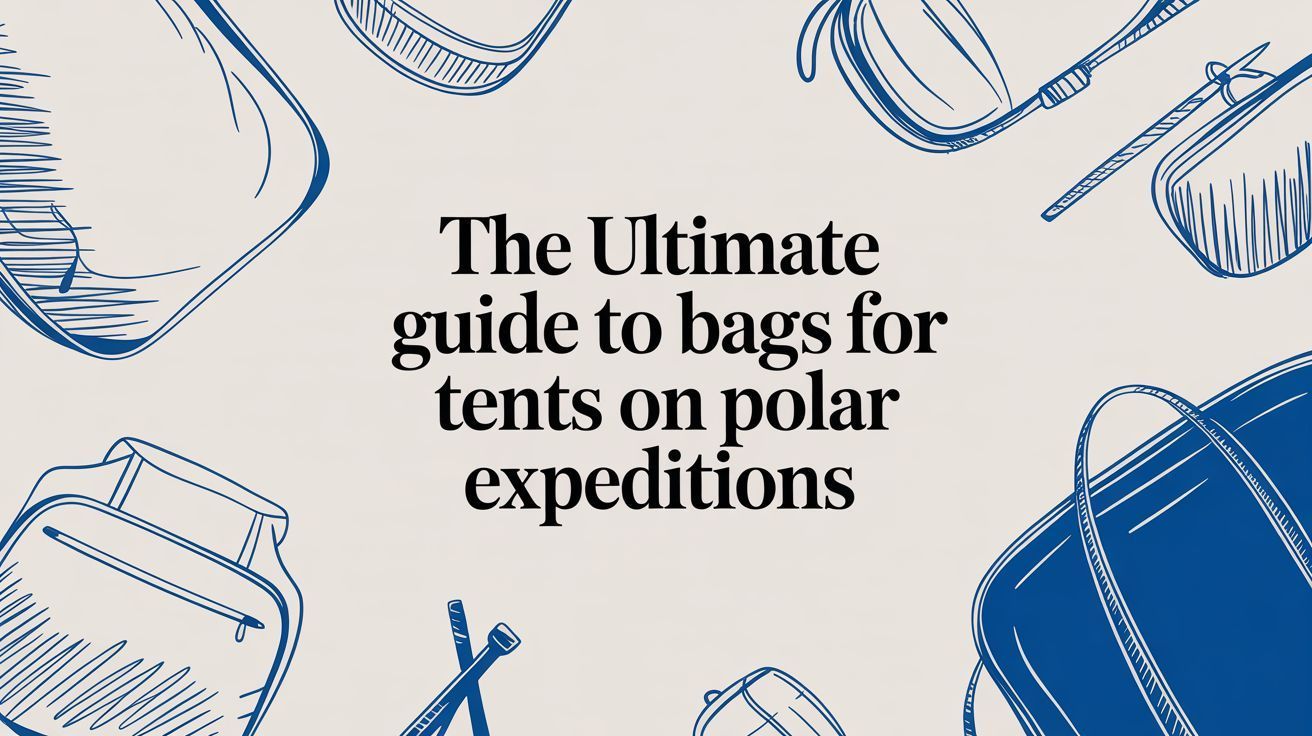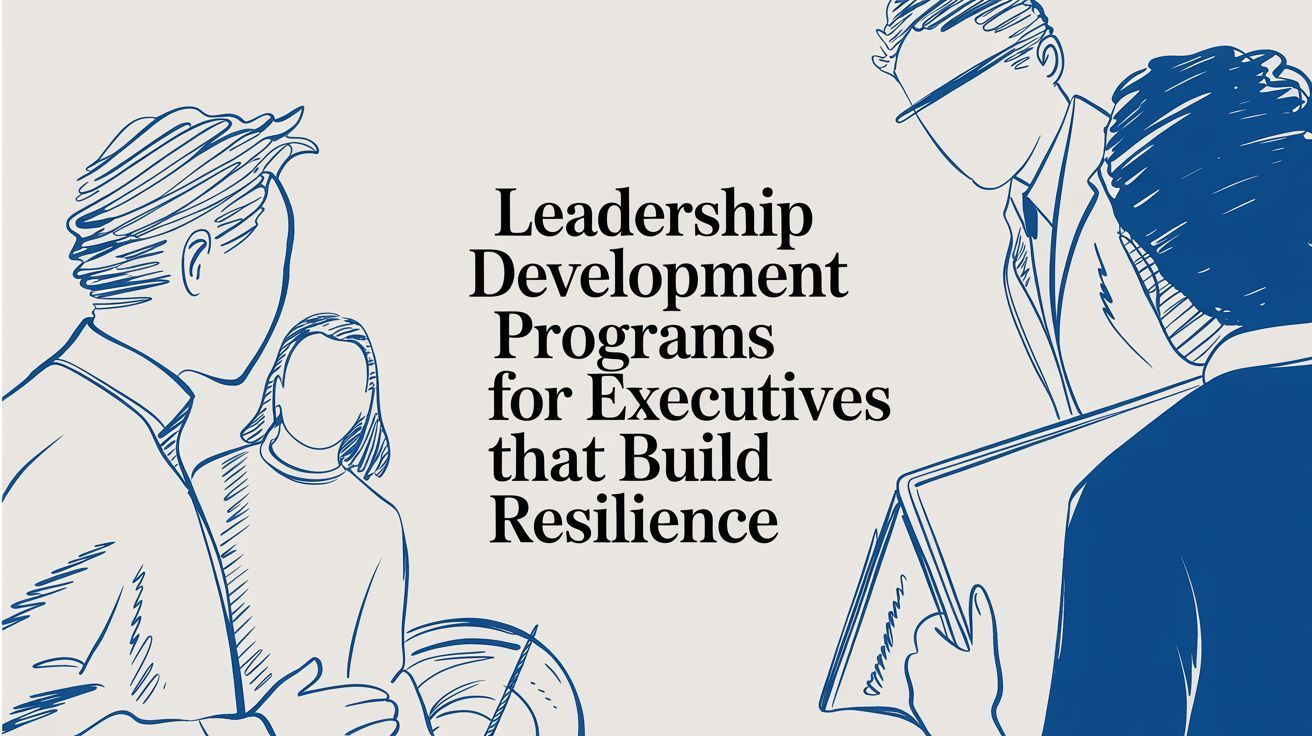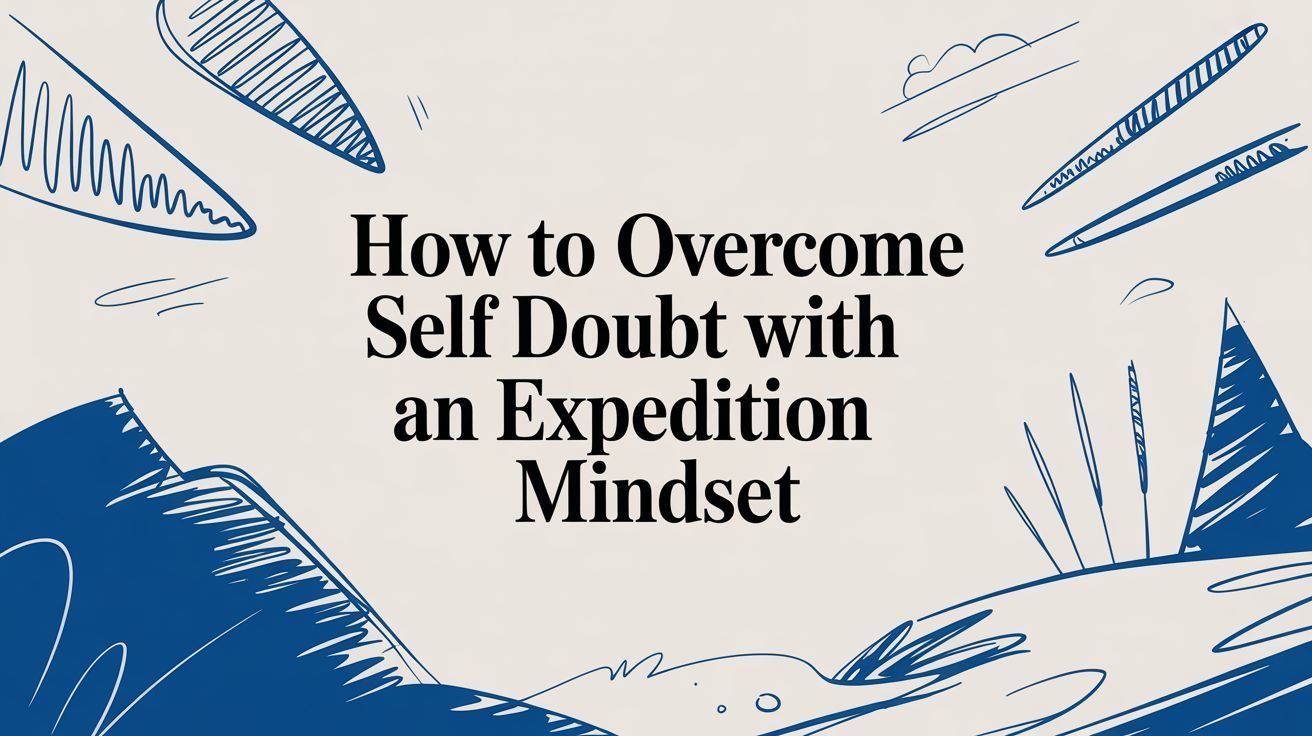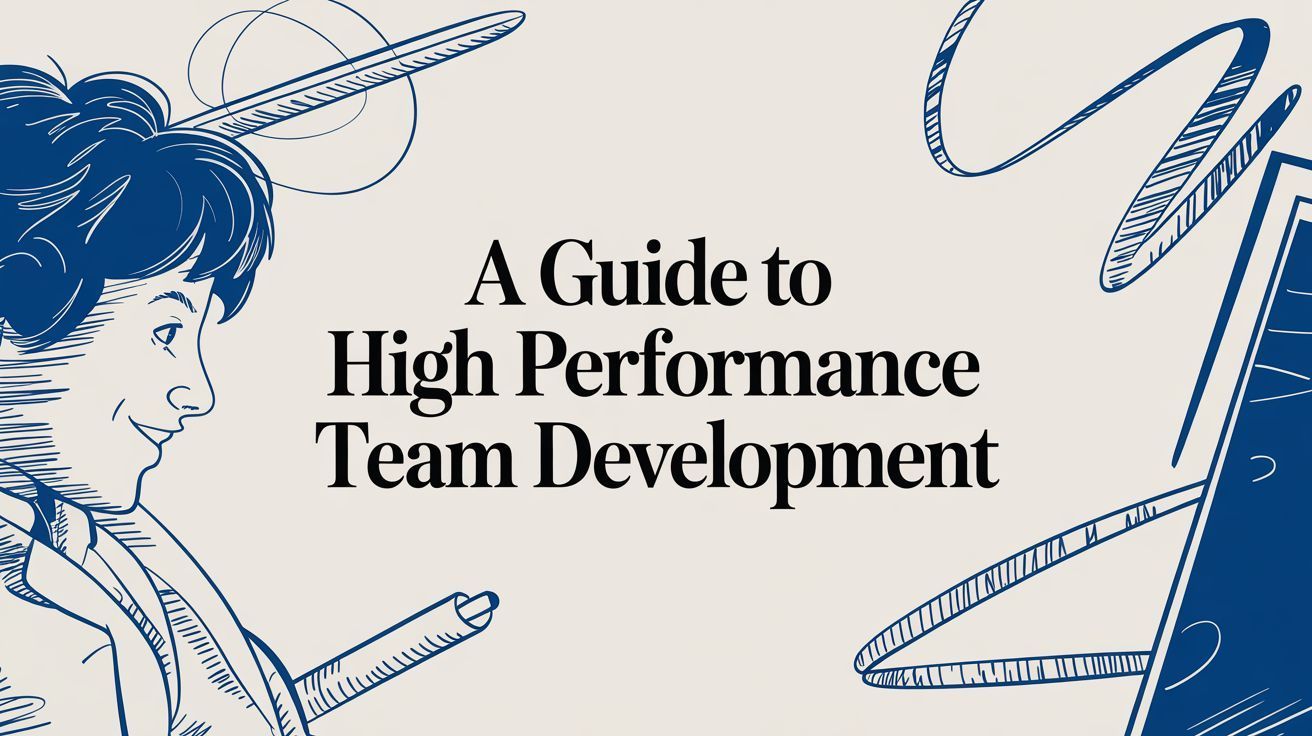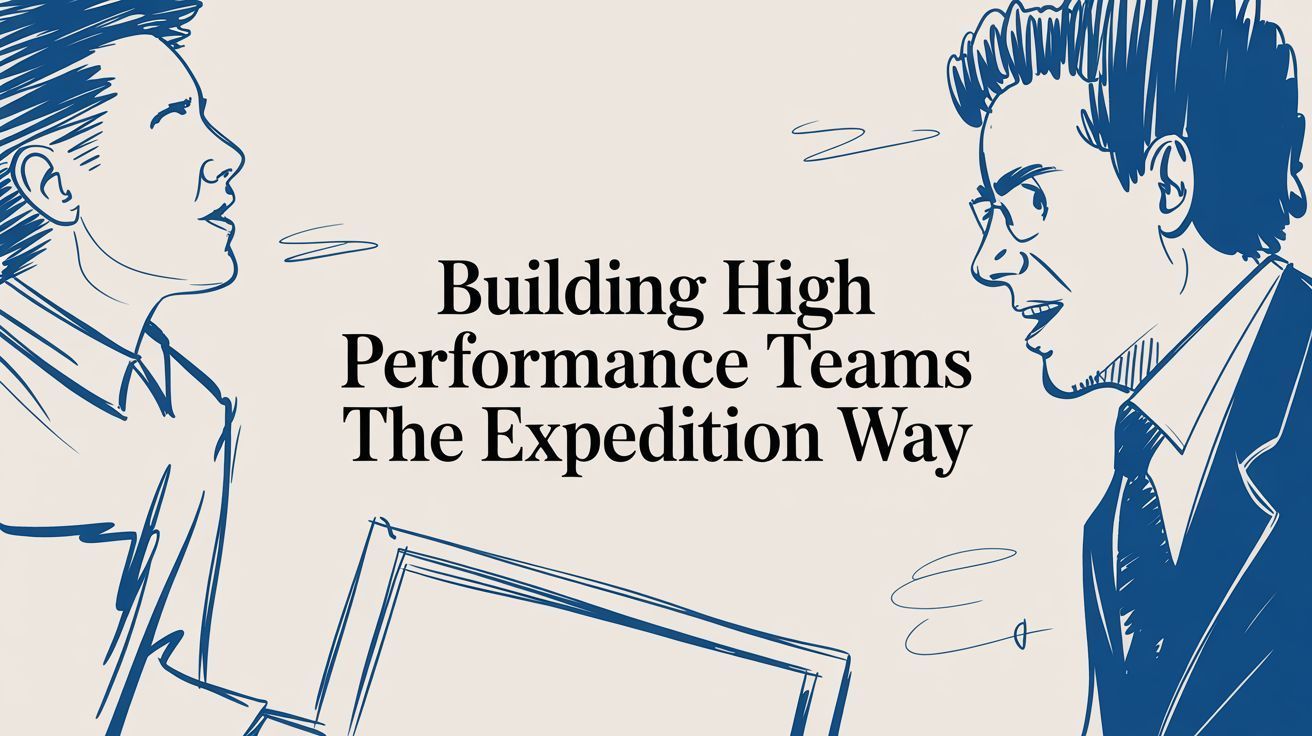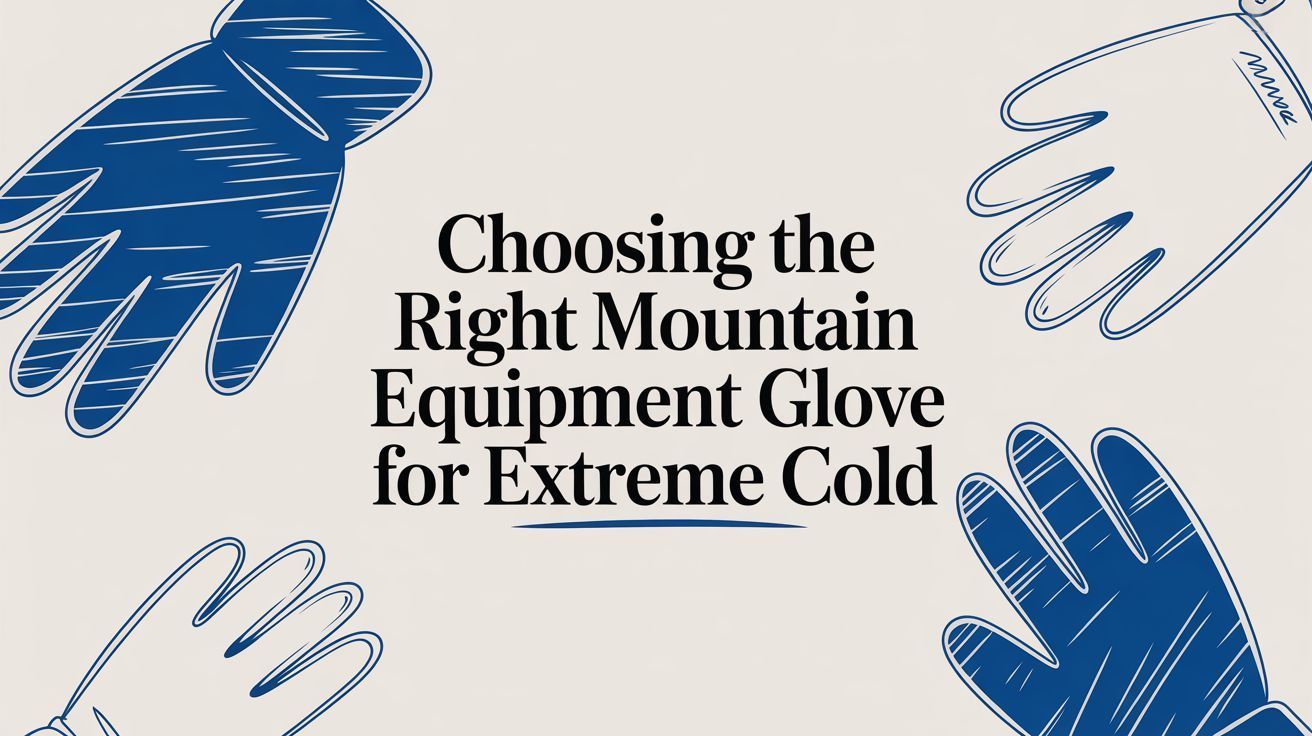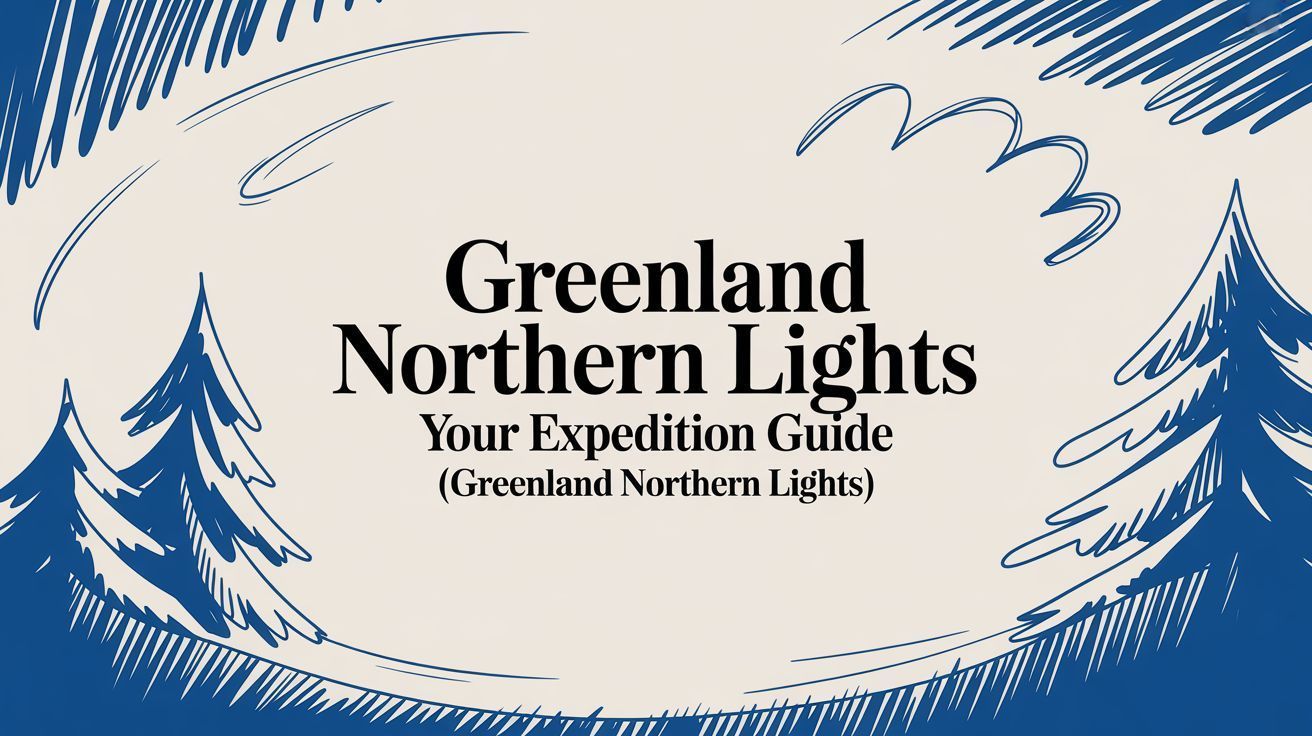What Adventure Teaches Us About Limiting Beliefs
How remote expeditions challenge inner boundaries and build lasting personal growth.
Introduction
Limiting beliefs are the quiet assumptions we carry about who we are and what we can do. Often shaped by past experiences, fear or self-doubt, they can quietly influence our choices without us even noticing. But when we remove ourselves from routine and step into the unknown, something begins to shift. Through adventure and limiting beliefs come face to face. In these moments of challenge, people often uncover a new story about themselves.
What Are Limiting Beliefs?
Limiting beliefs are internal thoughts or assumptions that constrain growth. They may sound like “I’m not good at that” or “People like me don’t do this.” These ideas are not always conscious, but they shape how we behave, what we attempt and how we handle uncertainty. While coaching and therapy can help identify them, the raw immediacy of nature can reveal them even more quickly. An expedition confidence building experience brings beliefs into focus and puts them to the test.
Why Adventure Challenges the Mind
In the wild, there is no autopilot. Each decision matters. You might face cold winds, tough terrain or physical fatigue, but the deeper challenge is often internal. When you are asked to push beyond comfort, a mindset shift through adventure begins. You notice the voice of doubt. You feel the fear of getting it wrong. But when you continue anyway, you experience the power of personal transformation outdoors. Limiting beliefs are challenged not through theory but through action.
Break Through Mental Barriers in the Wild
Outdoors, limitations are no longer theoretical. They become part of the journey. You might believe you are not fit enough, brave enough or capable enough until you are forced to prove otherwise. Wilderness personal growth often begins the moment you realise you have more to give. Physical challenge creates a mirror, showing what you believe about yourself. And then, with each step forward, you begin to rewire beliefs through experience.
Confidence Through Adversity
Adversity builds resilience, not just physically but mentally. In tough conditions, people often discover a kind of inner steadiness they did not know they had. Confidence through adversity does not come from avoiding discomfort but from moving through it. On personal discovery expeditions, many find that the most valuable change is not reaching the summit but what they learn about their own mental strength along the way.
Outdoor Challenge as a Mindset Reset
A well designed expedition is not simply about endurance. It is a mindset reset. Time in nature, away from the noise of everyday life, offers clarity. When paired with structured challenge, it becomes a powerful tool for reflection and growth. Outdoor challenge mindset reset experiences support deep thinking, emotional honesty and personal insight. By facing something uncertain, people often unlock a new belief about what is possible.
Fear Breakthrough Through Travel
Fear is a natural part of exploration. But travel gives it context. You may fear discomfort, failure or the unknown, but in the wilderness, those fears lose their power. Each time you act in spite of them, you gain evidence that you are capable of more. This is the essence of fear breakthrough through travel. You are not avoiding fear; you are outgrowing it. And that shift often carries back into personal and professional life.
Resilience Against Doubt
Self-limiting beliefs are closely tied to doubt. “What if I fail?” “What if I’m not enough?” These thoughts surface in unfamiliar environments. But by repeatedly meeting challenge with action, people build resilience against doubt. Through adventure and limiting beliefs start to dissolve. You prove to yourself that fear is not fact and doubt is not destiny. This forms a strong foundation for future confidence and clarity.
Pole to Pole Mindset Change
A Pole to Pole journey represents more than physical movement. It symbolises deep inner change. The vastness of the environments, the intensity of the experiences and the commitment required all contribute to mindset evolution. These kinds of expeditions are uniquely placed to support lasting personal growth through exploration. A Pole to Pole mindset change is not about becoming someone new, but about uncovering the stronger, more capable version that was always there.
Conclusion
True growth often begins on the edge of uncertainty. Through personal transformation outdoors, we confront the beliefs that have quietly shaped our lives. By choosing to take part in adventure and limiting beliefs are no longer invisible. They are named, challenged and often replaced with something stronger. In nature, under pressure and through challenge, many people discover not just the world around them but the strength within.

